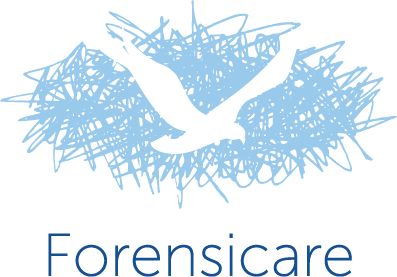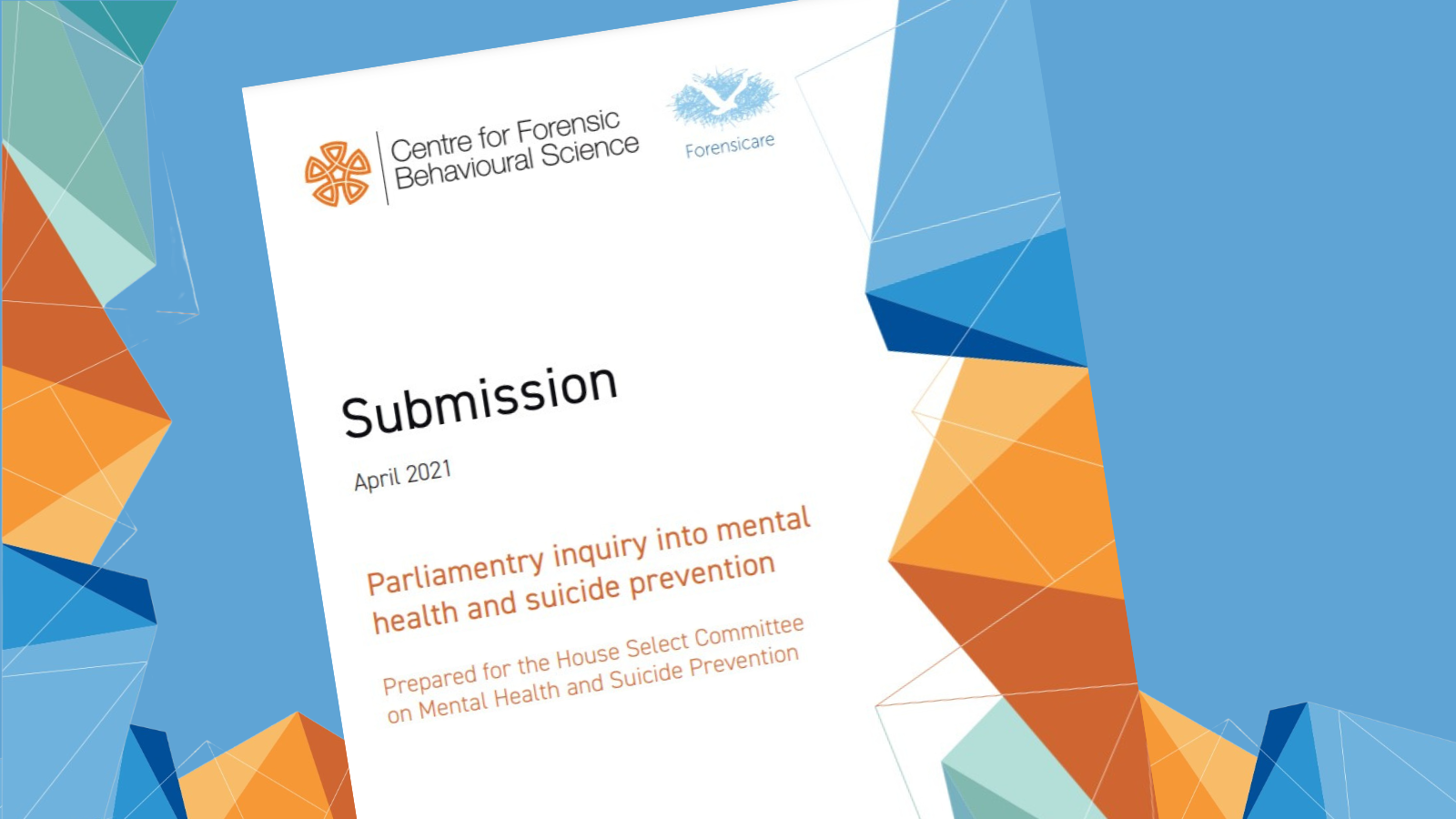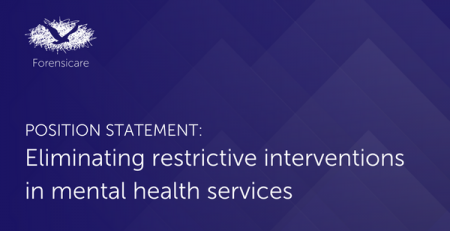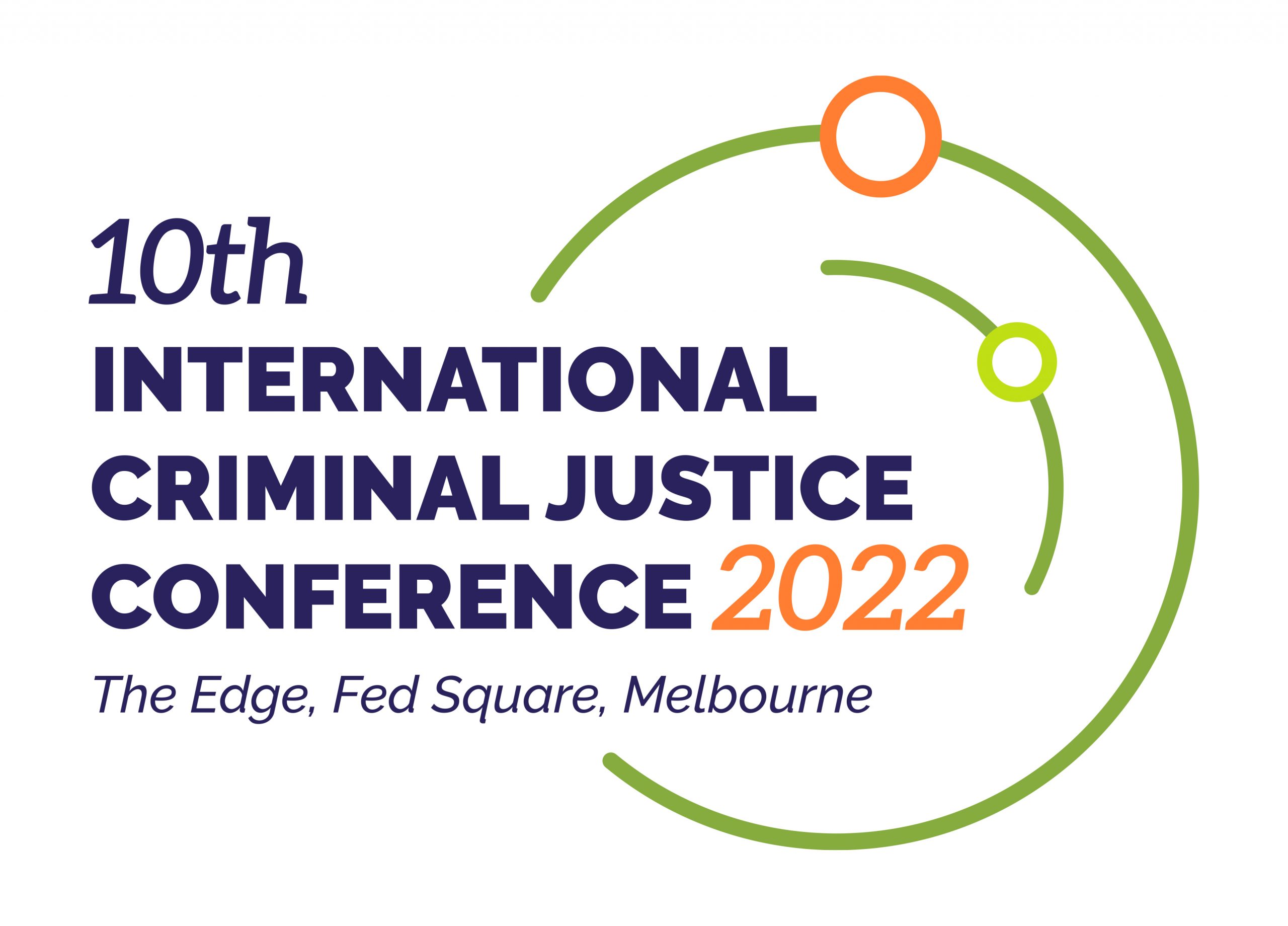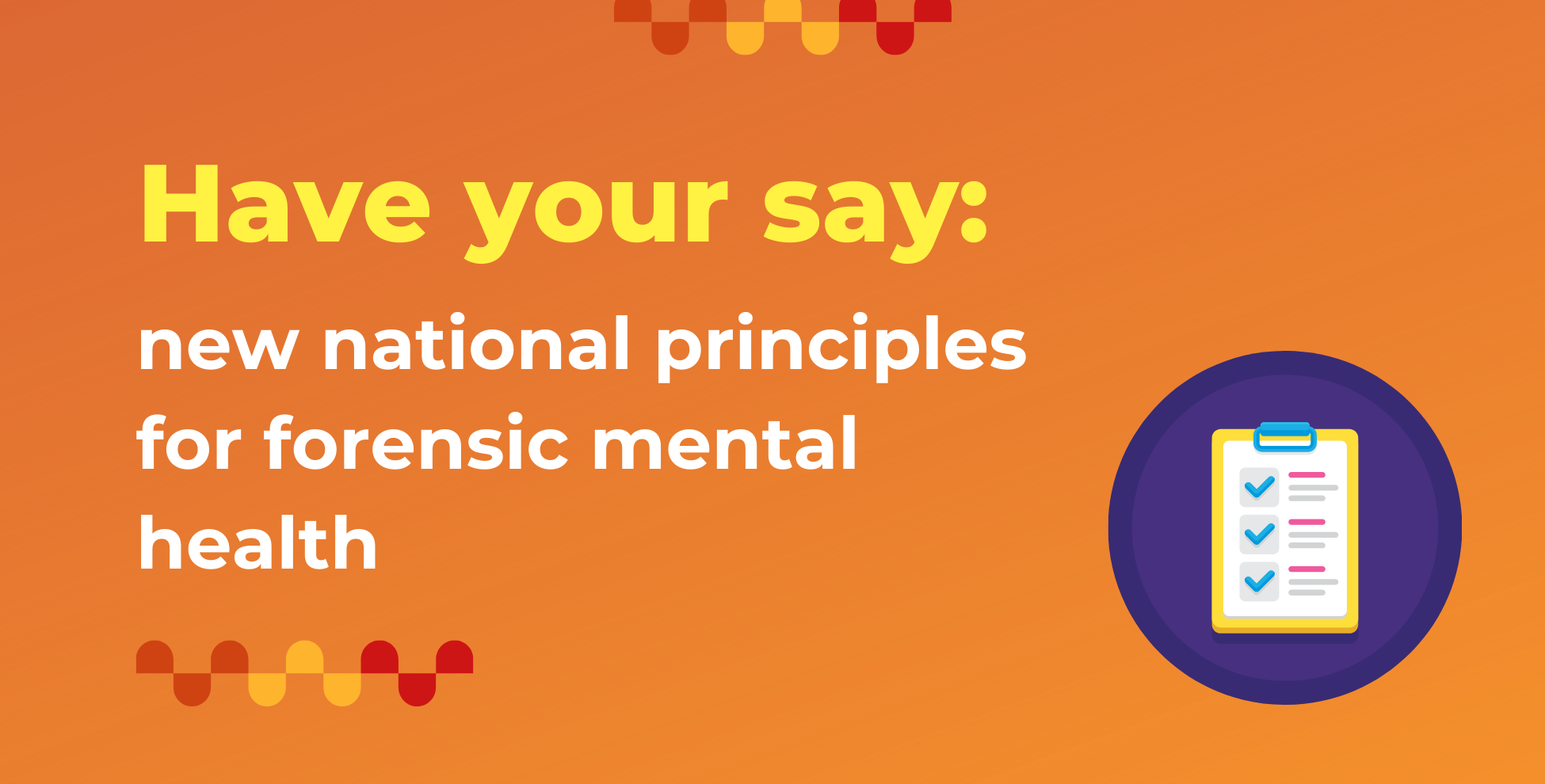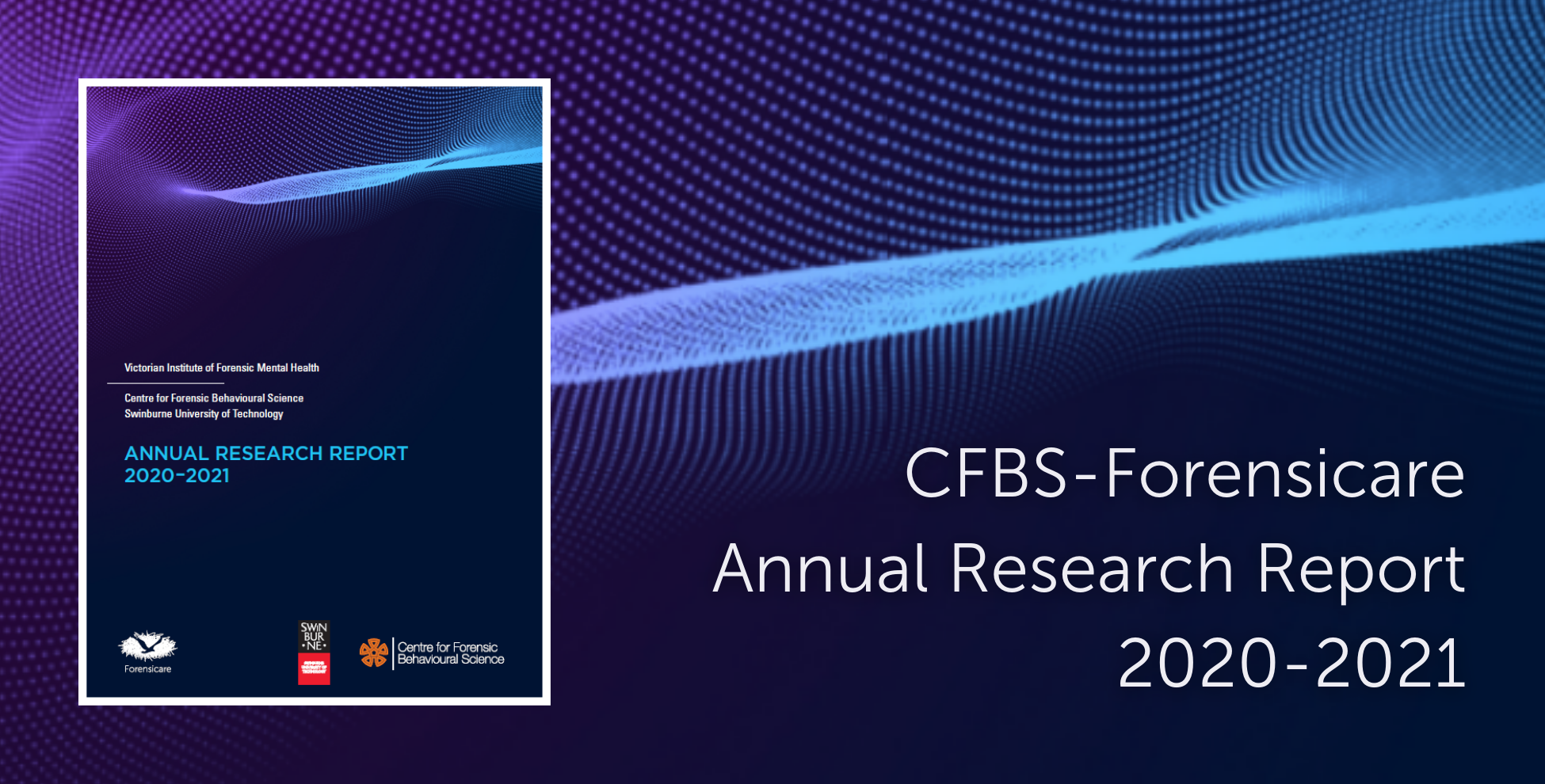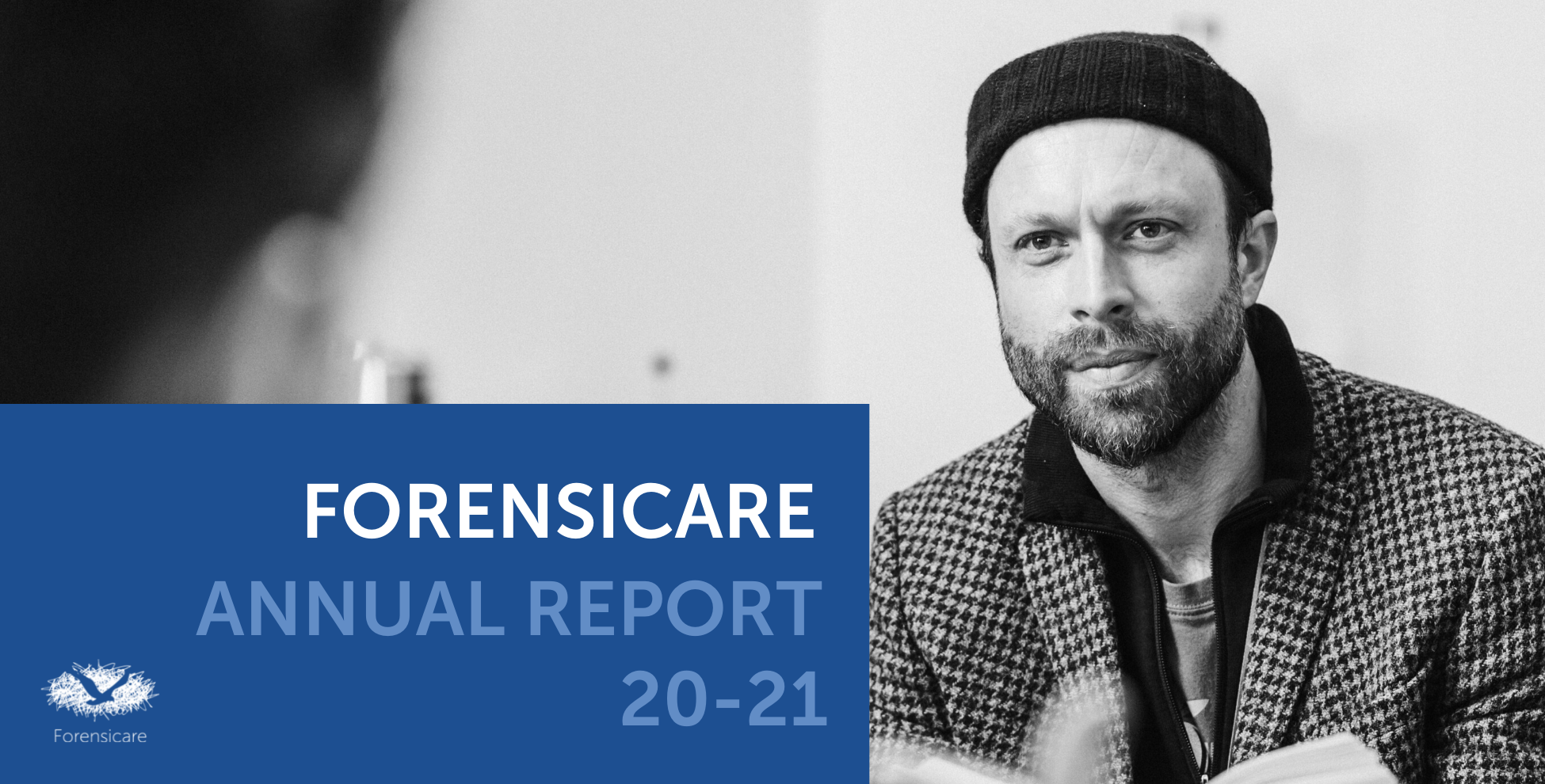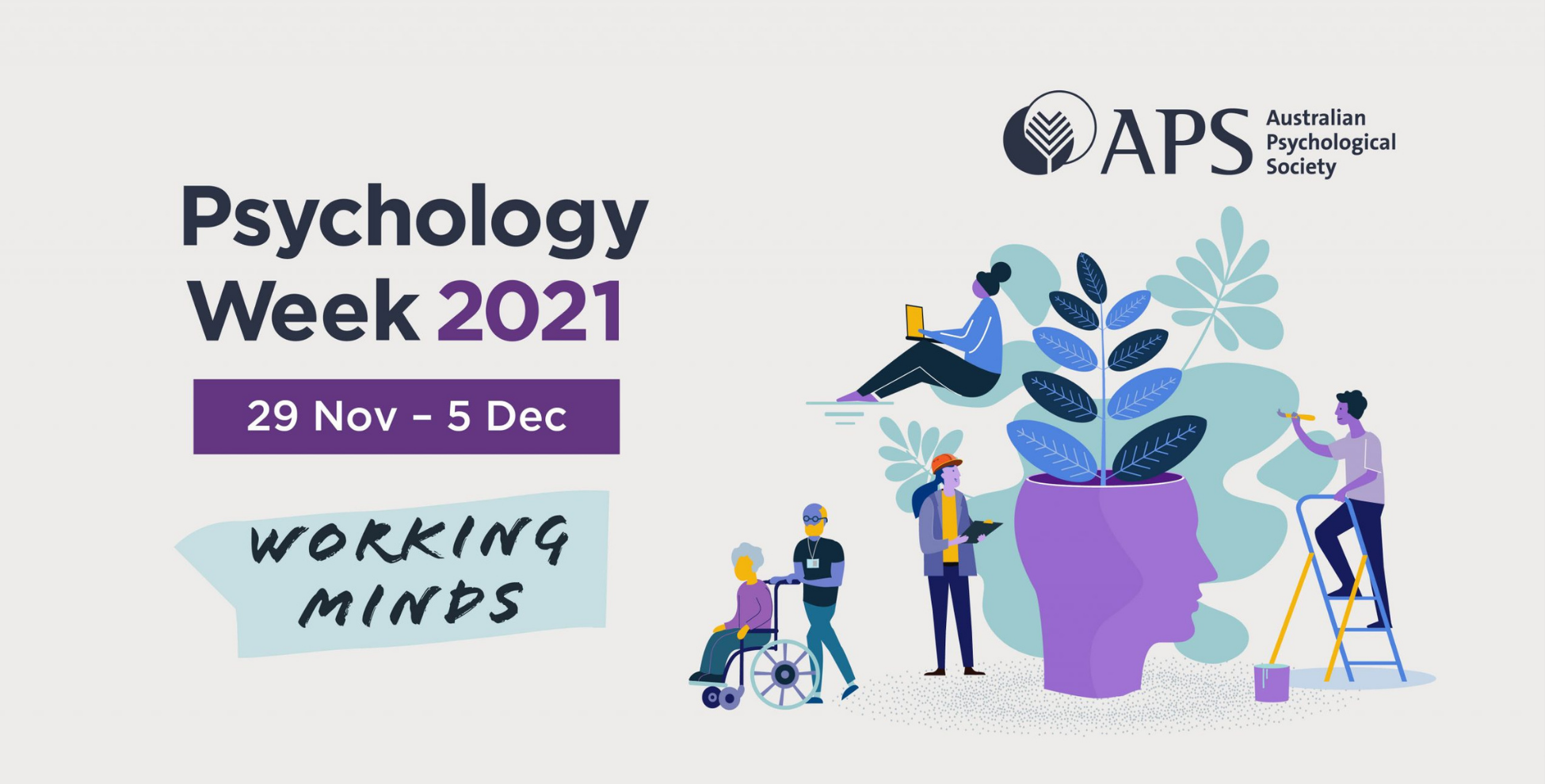Forensicare and CFBS’s Joint Submission to the Parliamentary Inquiry into Mental Health and Suicide Prevention
In February, a parliamentary committee began an inquiry into mental health and suicide prevention. Alongside a range of mental health organisations and individuals, Forensicare and the Centre for Forensic Behavioural Science submitted a joint submission and participated in a public hearing.
We wanted to take this opportunity to share a little more about the inquiry and our submission.
What is a parliamentary inquiry?
Parliamentary inquiries are run by committees that have been set up to investigate specific matters of interest to the Australian Parliament. They often explore questions of policy or government administration and performance. These inquiries provide organisations and individuals with expertise or experience in that matter to have their views heard and participate in policy making.
What is this inquiry exploring?
This inquiry came about because the 2019-20 bushfires and the COVID-19 pandemic have clearly had a huge impact on the mental health and wellbeing of many Australians. This has been particularly noticeable in the significant increase in the number of calls to Lifeline and Beyond Blue.
As most of you are aware, there are also issues with the sector’s workforce capacity and recruiting enough professionals to this space to support those who need help. The committee will explore ways we can increase and develop the skills of this workforce.
The inquiry will have a particular focus on prevention and early-intervention. It will also examine the findings of a range of reports including the Productivity Commission’s Inquiry Report into Mental Health and the Royal Commission into Victoria’s Mental Health System, alongside submissions from peak agencies and organisations and individuals.
Forensicare and the Centre for Forensic Behavioural Science have compiled a joint submission to ensure that our unique expertise in working with people within the justice system is contributed and considered.
Forensicare and the Centre for Forensic Behavioural Science’s submission
Our submission notes that people involved in the justice system are at a heightened risk of experiencing mental health issues and engaging in suicide and self-harm compared to the general population.
It also takes in the Final Report following Royal Commission into Victoria’s Mental Health System and the relevant suicide prevention frameworks.
Some of the issues we highlighted include:
- The lack of appropriate services and poor continuity of care experienced by justice-involved people with mental illness.
- How commonly people with mental illness were arrested for minor crimes within the context of a mental health episode and remanded because of lifestyle instability or because they could not access mental health support in the community.
- That even if people’s mental health improved while in prison, they can experience a decline upon release due to poor continuity of care.
- People in prison at risk of suicide do not have access to the same level of aftercare services, psychosocial interventions and programs that enhance mental health literacy and help-seeking as people in the community.
- While the Community Integration Program and the Forensic Mental Health in Community Health Program have been developed to bridge the gap between prison and public health systems these programs don’t yet adequately meet the needs of individuals at risk of suicide.
- The shortage of beds at Thomas Embling Hospital means prisoners experience long wait times to get involuntary mental health care (which will of course be alleviated by the TEH Bed Expansion Project).
Our recommendations
The following recommendations were made to improve the mental health support and suicide prevention initiatives for individuals involved with the justice system. The first four recommendations are drawn directly from the Royal Commission into Victoria’s Mental Health System (RCVMHS).
- To reduce the number of people with mental health issues being remanded, the RCVMHS recommended expanding the Assessment and Referral Court (ARC) to 12 Magistrates Courts, which support people with mental health issues and cognitive impairments.
- Increase the number of beds at the forensic mental health hospital available to provide compulsory treatment to people in prison who are acutely unwell and require hospitalisation.
- Expand the existing community forensic mental health model to provide greater continuity of care for people in contact with or at risk of becoming in contact with the justice system.
- Establish and enhance programs to support people as they transition from correctional to mainstream mental health settings.
- The Commonwealth should provide funding for an initiative that would provide greater access to psychosocial interventions to reduce emotional dysregulation, distress, and suicidal behaviour among people in prison. This should include Medicare Benefits Scheme funding to prisoners. This would be equivalent to supports provided to people in the general community.
- Improve aftercare support for individuals who have engaged in suicidal behaviour.
- Trial peer listener programs to improve help-seeking behaviours of the whole prison population and enhance the mental health literacy of the ‘listeners’.
- Provide coordinated aftercare support programs for individuals released from prison who are at risk of suicide. These programs can draw upon the evidence-based Hospital Outreach Post-Suicidal Engagement (Hope) initiatives in Victoria.
- Provide training for GPs and frontline staff regarding additional considerations for risk assessment and management of people released from prison. 1
- Greater consideration of justice-involved populations is needed within national and state-wide suicide prevention frameworks 11. Fund and facilitate collaboration with the mental health service to establish improved pathways to support people on community-based orders.
Read the Interim Report and other Submissions
The final report is due on 1 November 2021.
